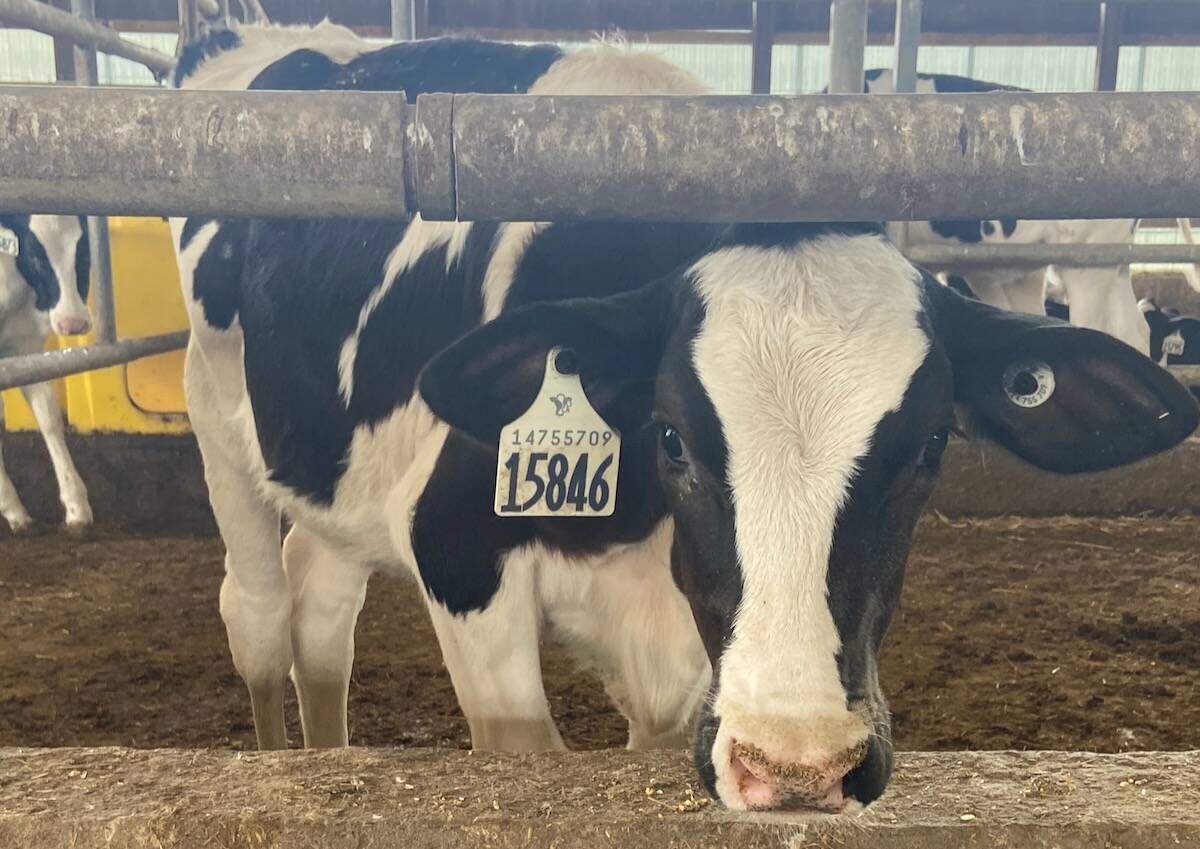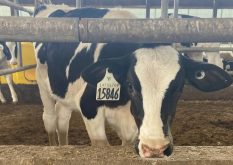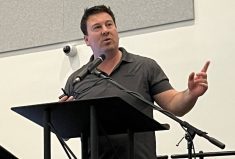Don’t muddy your message, know your audience, and address their priorities.
That, in a nutshell, was Preston Manning’s advice for farmers attending the recent 2010 Southern Alberta Conservation Association conference.
The environment should be one of agriculture’s main communications themes, said the former Reform Party and Canadian Alliance leader.
“Harness your wagon to a front-running horse,” said Manning. “The environment is a natural fit for agriculture. It’s one of the top priorities of voters in every poll.”
Read Also

Rural municipalities push legalization of raw milk onto provincial agenda
Drinking raw milk comes with numerous risks, but proponents of a proposed amendment to Alberta’s Food and Drug Act say legalizing its sale could be a boon for small farms in the province.
The public sees ecological goods and services as being in their interest and that of the broader economy, said Manning, and would be willing to compensate farmers for looking after the environment. Europeans have acknowledged this in their farm subsidy system and their politicians regularly tell their Canadian peers it is necessary; eventually this country will have to follow their lead and pay farmers to look after the environment, he said.
But don’t try to combine messages, said Manning, who now holds positions at the Canada West Foundation and the universities of Calgary and Toronto, as well as being the founder and head of the Manning Centre for Building Democracy.
For example, many urban voters are concerned that resources such as water be shared fairly. Arguments that irrigators are using water efficiently are not likely to gain much traction in this discussion, he said.
For more immediate effectiveness, Manning recommended aligning with those, including the government, who are concerned about declining productivity in the private sector. Canada has one of the lowest levels of investment in research and development of all the countries in the Organization for Economic Cooperation and Development and the resource sector scores particularly low in this.
Agriculture has a different story, Manning noted, because Canadian farmers are already the most productive in the world. Farmers are continually improving their productivity and effectiveness by applying science and technology. This is a positive message politicians want to hear from the private sector, Manning said.
Farmers should be telling politicians “20 things we’re doing, 20 things we’re going to do, and five things the government can do to facilitate our activity,” said Manning.
In many situations, he said, the greatest chance of success comes from building a coalition of diverse groups, preferably including urban as well as rural interests, around a single issue. For example, a group of farmers wanting to have input into a power line route might share this interest with environmentalists, acreage owners, and a developer. If these groups of people can identify their common interest and set aside their differences to work together, their campaign can be very effective.
Coalitions of this type are most effective, he said, when they are built on a short-term commitment to work together on a specific issue. He also noted that one of the biggest challenges is in choosing a spokesperson for a particular message. Once you’ve decided on the message, the next question is, “out of whose mouth?” said Manning. The answer from a strong campaign manager often disappoints the politicians in the group, as the most effective messenger may not be the well-practised public speaker.
Manning had a few words of encouragement for farmers who see their interests neglected by urban government. He sees opportunities for a return to fundamental values in politics, citing those developed by Henry Wise Wood. Wood was a firm believer in the need for Christian ethics in economic activities and played major roles in developing the Progressive Party, the United Farmers of Alberta, and the wheat pool movement.
———
“Theenvironmentisanaturalfitforagriculture.It’soneofthetopprioritiesofvotersineverypoll.”
PRESTON MANNING














